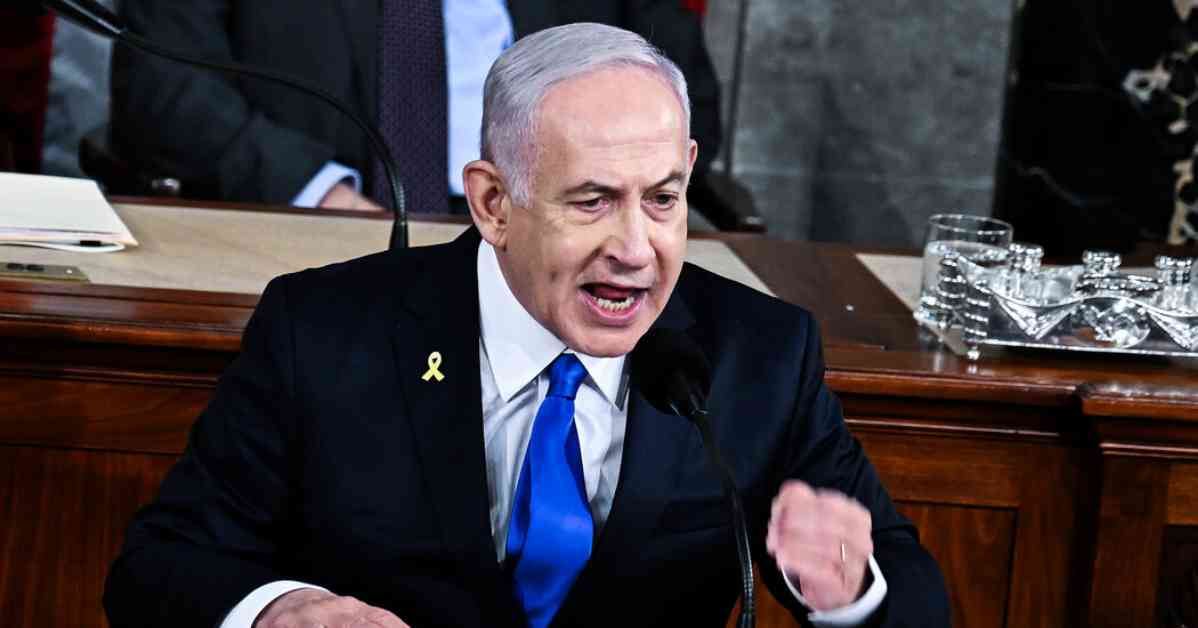President Biden and Prime Minister Benjamin Netanyahu of Israel are at odds over the recent assassination of Hamas leader Ismail Haniyeh and the impact it may have on cease-fire talks. President Biden expressed concerns that the killing could jeopardize efforts to reach a deal to stop hostilities and free hostages. On the other hand, Prime Minister Netanyahu denied obstructing a cease-fire agreement and argued that the assassination could actually expedite the finalization of an agreement by putting more pressure on Hamas.
The heated conversation between the two leaders highlighted the differing views on the timing and implications of the operation. While President Biden believed the assassination was poorly timed and could escalate regional tensions, Prime Minister Netanyahu defended the decision and emphasized the potential benefits in advancing the cease-fire negotiations.
The lack of communication between the Israeli and American governments regarding the plan to kill Haniyeh has also raised eyebrows. Despite meeting just days before the operation, Mr. Netanyahu chose not to inform the Americans in order to avoid compromising them. American officials, however, did not raise any objections to being left out of the loop.
President Biden’s concerns about the volatile situation in the Middle East were evident in his remarks to reporters, where he emphasized the need to prevent further escalation and maintain stability in the region. The assassination of a key Hamas figure in Iran has added another layer of complexity to the already tense situation between Israel and Hamas.
As tensions rise between the U.S. and Israel over the recent events, the future of cease-fire talks and efforts to de-escalate the conflict remain uncertain. The differing perspectives of President Biden and Prime Minister Netanyahu underscore the challenges of navigating the complex dynamics of the Israeli-Palestinian conflict and the broader Middle East region.





















